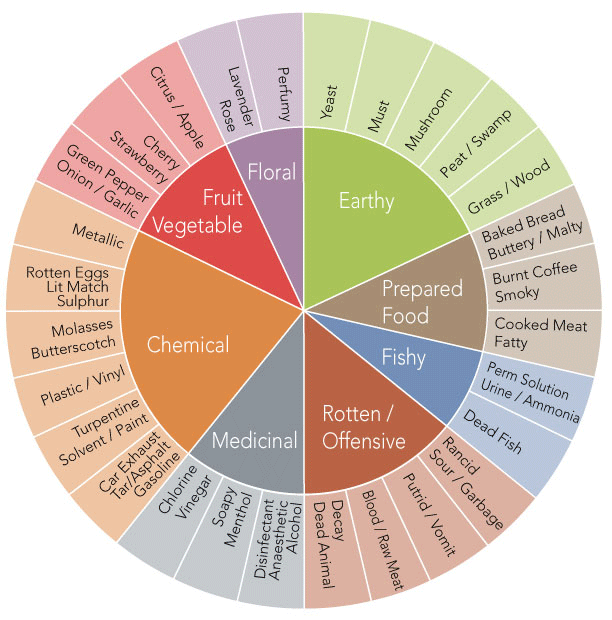We get more complaints about odour than any other type of air emission. Residents mention being unable to enjoy their own property and outdoor activities, such as gardening and barbeques, and even having to close their windows and doors during hot weather.
Make complaints as soon as possible after detecting an odour. The sooner we receive a complaint, the sooner we can begin to address the issue.
Provide the following information to the operator or on our complaint web form to help us track down or confirm the source:
Describe the five important “FIDOL” characteristics:
- Frequency – how often is the odour detected (continuously, daily, hourly, once a week)?
- Intensity – how strong is the odour (very weak to very strong)?
- Duration – how long does the odour last (seconds, minutes, hours)?
- Offensiveness – how pleasant or unpleasant is the odour (pleasant to highly offensive)?
- Location – where was the odour noticed (business, residence, countryside, indoors, outdoors)?
Describe the odour in as much detail as possible.
Does it remind you of a familiar smell such as rotten eggs, rotten cabbage, sweet or sour chemicals, burning plastic, garlic, chlorine or asphalt? Is it oily, musty, metallic, pungent, light or heavy? The odour wheel below provides some common and helpful odour descriptors.
Tell us about the weather during the odour episode.
- What direction was the wind from?
- Was the wind light, moderate or strong?
- Was it sunny, overcast or raining?
How does the odour affect you and your family or your business?
An officer may call you about your complaint to ask more questions or for clarification. For persistent odour problems, we may need your help to collect evidence that odorous air contaminants have been discharged. This might include being interviewed by an officer, keeping an odour diary, signing a statement about how the odour is affecting your health or your business or, in rare cases, testifying at a public hearing.
